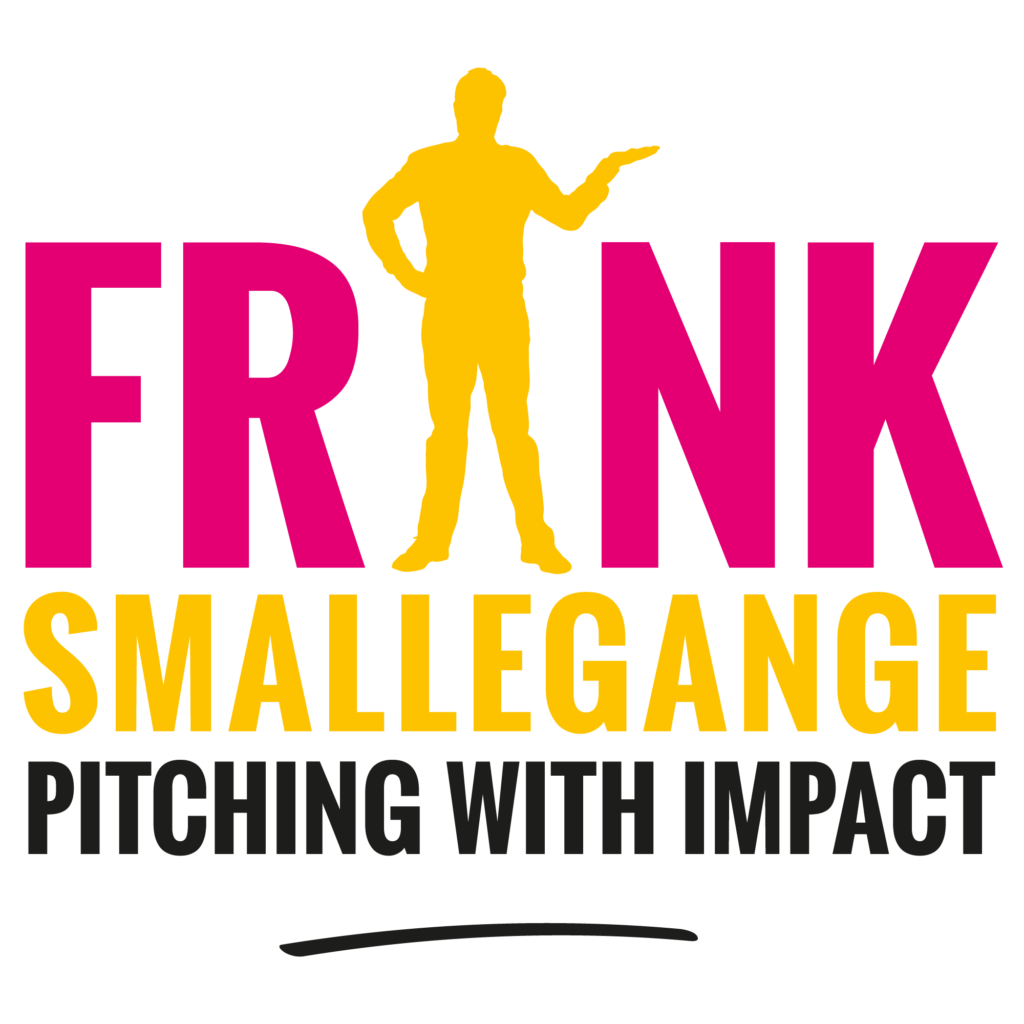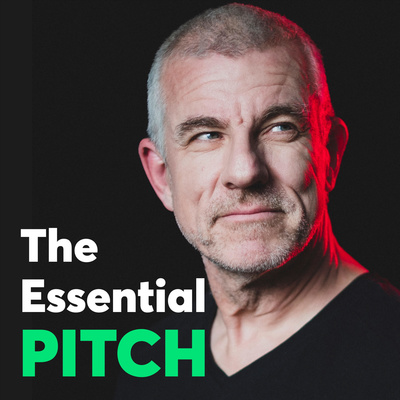Start-ups, scale ups and grownups encounter many challenges in their road to successful growth and business development. Briskr supports entrepreneurs – from start-ups to grown-ups – to face these challenges. We offer personal advice, business consultations, workshops and lectures, covering all aspects of business development. We also offer professional support on various subjects like intellectual property, patents, developing your business case and access to funding.
Market Readiness Program (MRP)
Do you know who your early adopters are? Do you know if your solution is the best solution for the problem they are experiencing? These are the questions we work with in the Market Readiness Program, with the goal of finding your early adopters within a specific customer segment, to whom you can sell your product at the same price and through the same sales channel.
There will be a practical workshop each week during ten weeks. In these workshops you will work independently on activities focused on customer meetings, coached by a business developer. During the program you will have in-depth discussions with potential customers to test and optimize your solution. You will follow the program together with a maximum of eleven other entrepreneurs. By regularly sharing your progress and providing feedback, you will learn from each other’s mistakes and successes. These will be intense, but also very instructive weeks.
Do you want to enroll in the (free) Market Readiness Program? Check this page. For all other questions about business development or expanding your business, please contact us.


